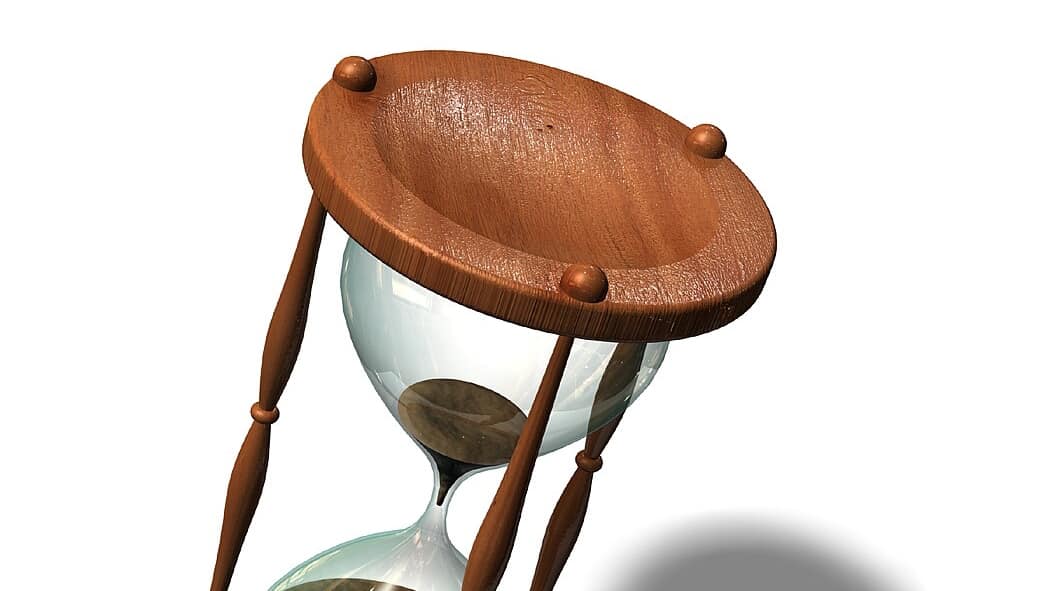Friedrich Nietzche said: Without music, life would be a mistake. I tend to concur with this German philosopher, cultural critic, composer, poet, philologist and Latin and Greek scholar whose work has certainly brought about a profound influence on modern intellectual history. What is life without music? Is it really complete when music is absent from it? Can we fathom life apart from music?
Since I cannot personally think my life estranged from music I decided to listen to a piece that can carry me higher and higher to God’s glorious throne! As I chose which kind of music I wanted to hear the YouTube channel showed me a typical advertisement which really set me thinking. In fact, the commercial was on a playstation centred on war. Arrows went from one side to the next killing the opponents mercilessly. Then catapults fired enormous clay balls with combustible substance in them, which exploded on impact and burst into flames. Spontaneously it came into my mind and heart what the Roman soldier and historian, Ammianus Marcellinus, had to say about this deadly and most dreadful war weapon:
The onager’s framework is made out of two beams from oak, which curve into humps. In the middle they have quite large holes in them, in which strong sinew ropes are stretched and twisted. A long arm is then inserted between the bundle of rope, at its end it has a pin and a pouch. It strikes on a huge buffer with a sack stuffed with fine chaff and secured by tight binding. When it comes to combat, a round stone is put in the pouch and the arm is winched down. Then, the master artilleryman strikes the pin with a hammer, and with a big blow, the stone is launched towards its target.
After the catapult scene the giant warrior of the enemy went out and, like Goliath of the Bible, furiously challenged the rest of the army for a fight. Immediately, the opponent’s general made his presence felt on the belligerent arena who, drawing out his sword, prepared himself for the eventual fight. And, next to him, descended a monster, a sort of a big pterosaur, to aid him and the rest of the army as they were preparing themselves for this deadly attack.
Off they went the two armies! A direct and frontal clash of foot against foot, pushing shield against shield, interlocking crest with crest, helmet with helmet, and chest with chest. Such was the uproar and horror of this ‘electronic war’ that it made me shudder to just listen to it! Even if for a few seconds!
Soon after, and finally, came the score named Time, composed by Hans Zimmer. In a rather dark arena safe for that light which spotted on Hans Zimmer himself and later key musicians which had important parts to play during this fascinating piece of music, the much-awaited show has started! It commenced with, I would call them, a drop of successive tiny music notes that opened the execution of this marvelous musical composition. Each note counted as in a building wherein every stone has its incomparable importance. Note after note, as if stone by stone, the entire musical edifice was slowly being built and given its appropriate strenght and power.
With the piano came, unnoticedly at first, the cello. The latter led me, gently, into the adventure of time. Now, after the initial, almost pulsating tempo of the piano, the cello started adding the mortar for the entire musical composition which was being performed. From this existential mortar it started emanating some of life’s most important feelings like tension, fear, anxiety, although, to say the whole truth, molded with hope, courage and a great spirit of determination, amid the raging life circumstances enveloped, as they are, in human time.
The more I listened to the cello the more I was feeling prepared to face whatever challenge that this dramatic piece of music had in store for me! In simple words, both the piano and the cello were piratically preparing me for more challenges that life had, so far, hidden from me. In case I would have obliterated this fact the wonderful and mighty amalgam of violins kept me on my toes! Having said that the general atmosphere of the melody was still calm, although its build- up had already kicked off.
The electric guitar just told me that in life certain realities stand out! And even if I try to hide them time cannot. It simply exposes them all the more just because their nature calls for an urgent call of attention. What is interesting in all this is that this call of attention or focus on certain key aspects of this immanent life, is accompanied by the human tension and angst. As if the solution for the problems which daily crop up in time are resistances, screams, wars, and struggles.
How telling was the attempted voice of the female singer in the orchestra who tried to have her voice heard during the playing of this score! But did she actually manage? How could she have accomplishes such a thing if she was completely overshadowed by such a loud music? Could that be because, instead of using time, she let time using her? Look at her look! How hopeless she looks! And even as she is trying to sing out not a single note is coming out from her mouth! Simply because the power of time is so harsh on her! It seems to me that time, at least at this stage of the score, is merciless! It is as if time itself is now mastered by the tragedies that are constantly occurring within its troubled premises!
As I continued in my internal struggle to listen to this music and the drama kept being built-up by concert basses, trumpets, trombones, French Horns, and tubas, suddenly that drama paused, stopped, … halted. And, the piano, accompanied by the violin, led me into a reflective mood of sweetness, reflection and, yes, contemplation! Until the violin is silenced to give way to the piano, the sole and persistent interpretor of time.
Because if, according to Aristotle, time is the most unknown of all unknown things, then the final notes of the piano reminded me of what Tom Lehrer reflected on the piano which I then paraphrased it for time. [Time] is like a piano. What you get out of it depends on how you [use] it.
And, you might ask me, how can I use time? Pope Francis gives us the following helpful suggestion precisely when he met a group of German altar servers on August 5, 2014:
Our life is made of time and time is God’s gift, and it is therefore important to make use of it by performing good and fruitful actions. Perhaps many teenagers and young people waste too much time in futile activities: chatting on the Internet or on mobile phones, watching ‘soap operas’ on TV, technological progress that should simplify and improve the quality of life, but sometimes distract you from what is really important. Among the many things to do in our daily routine, one of the priorities should be reminding ourselves of our Creator who allows us to live, who loves us, who accompanies us on our journey.
If the score of Hans Zimmer, Time, catapulted me into the responsible use of my earthly time, since it empowered me to do God’s will in my life, through the performance of good, fruitful and Spirit-led actions, then I can rest assured that Jesus in me will make me win all the battles I need to combat before getting to the Heavenly Jerusalem.
The score, Time, made me realize that, united with Jesus, I can battle and win every spiritual combat. Hence, with, in and through Jesus, I can attain his Heavenly throne. As He promises me in the Book of Revelation: He who conquers, I will grant him to sit with me on my throne, as I myself conquered and sat down with my Father on his throne (Rev 3:21).
Now I can greatly treasure Pope Benedict XVI’s appreciation of music when this great Pope observed: Whether it is Bach or Mozart that we hear in church, we have a sense in either case of what gloria Dei, the glory of God, means. The mystery of infinite beauty is there and enables us to experience the presence of God more truly and vividly than in many sermons.
In all truth, and in this perspective, Time, by Hans Zimmer, is for me a sense of gloria Dei as well as a powerful experience of God’s presence in and encompassing time.








